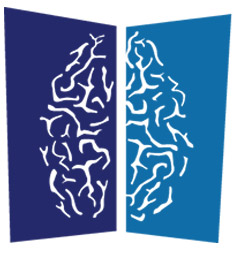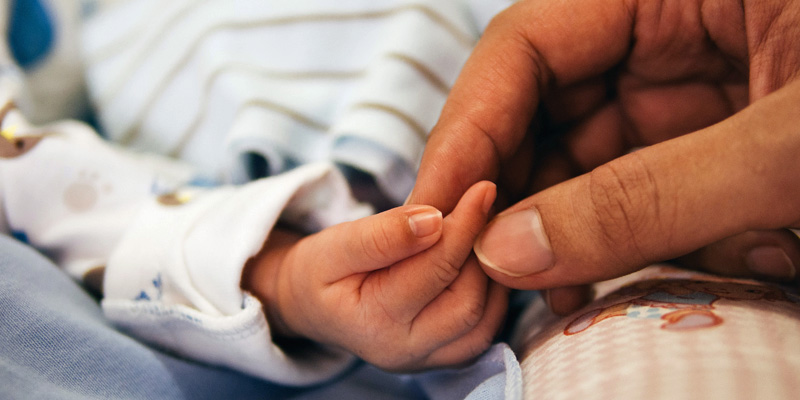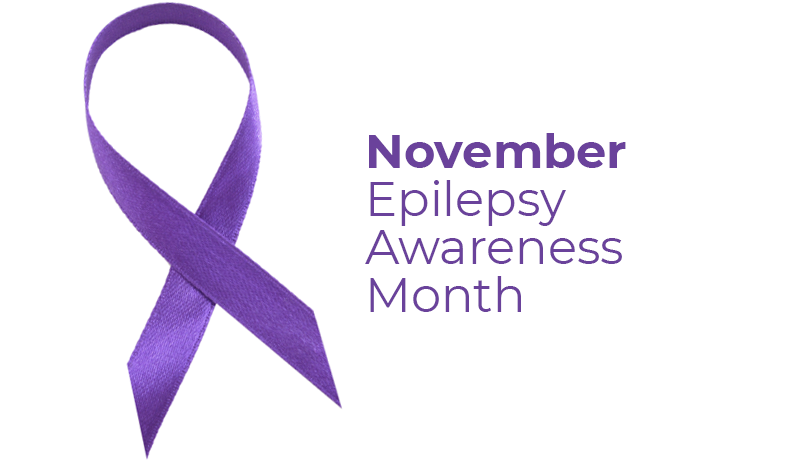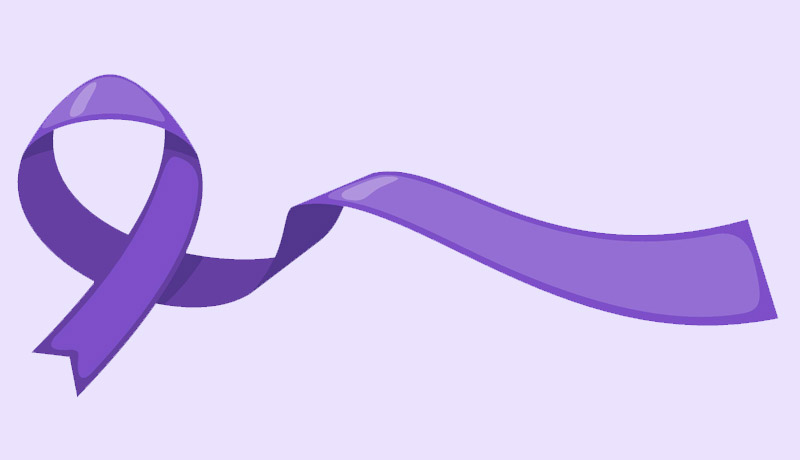At Advanced Neurosurgery Associates (ANA), we are acutely aware that epilepsy represents a complicated combination of physical as well as psychological and emotional consequences. In fact, that’s why we emphasize our team approach to complete family care for our many pediatric epilepsy patients.
In order to address all facets of this condition, some general background information is useful. According to the Society for Pediatric Psychology, “About six out of 1,000 children currently have epilepsy in the U.S. Epilepsy is slightly more prevalent in males compared to females and tends to increase with age. Children under two years of age and children from lower-income families are at the highest risk for epilepsy. A national community-based survey reported that 66 percent of children with a current or previous diagnosis of epilepsy were white non-Hispanic, 13 percent white Hispanic, 11 percent black and 9 percent multi/biracial/other.”
Emotional and Psychological Impact of Epilepsy
The Society also confirms “that children with epilepsy represent a vulnerable population who, even when compared to other pediatric conditions, are at the highest risk for psychological comorbidities (34 percent), which are diseases or disorders that exist alongside epilepsy.
Children with epilepsy have the highest prevalence for:
- disruptive behavioral disorders (e.g., ADHD)
- learning disorders (executive dysfunction and memory)
- internalizing disorders (e.g., anxiety, depression).
In addition, continued seizures are associated with significant deficits in academic performance, IQ, quality of life, psychopathology and family functioning. Children with epilepsy are also more likely to have physical health comorbidities (e.g., hearing/vision, asthma, headaches).”
Learning Difficulties
Approximately 50 percent of children with epilepsy have some form of learning difficulty. This compares to approximately 15 percent of the general population who have learning difficulties.
The functions most often influenced by epilepsy are:
- speech and language
- attention,
- memory
- executive functioning.
Psychological Effects
“There is a big psychological component to both pediatric and adult epilepsy. In general, there is a significant amount of stress from the start of the diagnosis with an impact on both a child or adult and their families,” says Theresa Gabay, one of the Advanced Practice Nurses at ANA.
It is difficult to predict emotional or psychological issues based on seizure variables, age of onset, seizure type or seizure focus. Seizure frequency and severity have been better predictors of emotional turmoil. That’s why it is important that if all methods of controlling seizures prove unsuccessful, an evaluation for a surgical solution is warranted.
Behavioral and Emotional Problems
Despite the cause or status of epilepsy, emotional, behavioral and relationship difficulties are common in children with this condition. It can constitute a significant burden to the children, as well as their families, highlighting the need for effective mental health services for these patients.
There are multiple risk factors for behavioral problems in children with epilepsy and a variety of behavioral problems seen in them. Childhood epilepsy is a particular concern to psychiatrists because of the frequency of associated behavioral problems.
The prevalence of behavioral problems in children with epilepsy is twice that’s seen in children with chronic illnesses not involving the central nervous system, and four times that’s seen in healthy children.
Neuropsychological Assessment
The results of a 2013 study published in Pediatrics, a journal published by “The American Academy of Pediatrics” (AAP), reinforce the importance of neuropsychological assessment in clinical care in pediatric epilepsy and suggest important areas of focus for psychological intervention.
According to Gabay, there is a neuropsychological exam for any patient undergoing an epilepsy surgery workup, and significant counseling resources are available at the various hospitals where ANA performs surgery.
“We, as a practice, look for those support resources that are available. We direct our patients to social workers, child life therapists or other therapists,” she adds.

ANA is a team of expert neurosurgeons and medical professionals, who combine their decades of knowledge to provide information, events, and articles on a range of neurological conditions.




